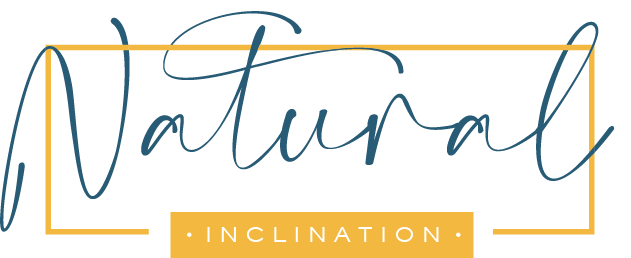Episode 6: The Power of Fairness: Lessons from Mari Copeny, Katherine Johnson, and Kimberlé Crenshaw
*CONTENT WARNING* This episode mentions suicide in the context of racial injustice. Please listen with care. If you or someone you know needs support, call 988 (U.S. Suicide & Crisis Lifeline).
In this episode of Living in 3D Power, Emma and I explore fairness—what it means, why it matters, and how we can fight for it in a world that often tries to erase it.
Together, Emma and I reflect on:
The difference between equality and equity—and why fairness isn’t about giving everyone the same thing, but ensuring people get what they need to thrive.
How Mari Copeny (Little Miss Flint) started fighting for clean water at age 8 and why her activism still matters.
How Katherine Johnson’s fight for recognition at NASA challenges today’s myths about meritocracy.
How Kimberlé Crenshaw’s concept of intersectionality helps us understand why Black women face unique barriers to fairness.
Emma offers sharp insights on fairness, power, and why some people resist change. She shares how young people like her can stand up against injustice and what it really means to fight for fairness—not just for yourself, but for your whole community.
Chapters:
02:44 Diversity, Equity, and Inclusion (DEI)
05:37 The Myth of Meritocracy
07:37 Social Justice and Equity
09:54 The Harm of Colorblind Ideologies
17:53 Historical Context and Oppression Olympics
25:38 Emma's Perspective on Fairness
27:59 Mari Copeny: Little Miss Flint
34:46 Celebrating Katherine Johnson: A Hidden Figure
40:51 Kimberlé Crenshaw: Intersectionality and Advocacy
48:00 The Fight for Fairness: Lessons from History
49:07 Call to Action: Building a Better Future
Curiosity Card Prompts for Reflection
Why is fairness important—not just for me, but for the whole community?
Why is it important for people like Mari Copeny (Little Miss Flint) to keep fighting for change, even when things take a long time to fix?
Why do people act like fairness for some means unfairness for others?
What are some ways people can help make sure Black girls don’t get left out of opportunities?
How can I stand up for myself and others?
References
“If you can only be tall because someone else is on their knees, then you have serious problem. And white people have a very, very serious problem.” ―Toni Morrison
The Four Pivots: Reimagining Justice, Reimagining Ourselves by Dr .Shawn Ginwright
Connect with Me
Instagram: @natural_inclination
Youtube: @naturalinclination
LinkedIn: Dr. Amber M. Sessoms, NCSP
Bluesky: @ambersessoms.bsky.social
Facebook: Natural Inclination
TikTok: @naturalinclination
Like, Comment, Share, Engage
If this episode resonated with you, share it with someone who would love these conversations. Engage with the Curiosity Cards and ask the youth in your life about their experiences—you might be surprised by what you learn. Share your thoughts and reflections in the comments or on social media using #LivingIn3DPower. And, don’t forget to subscribe and stay tuned for next week’s conversation!
